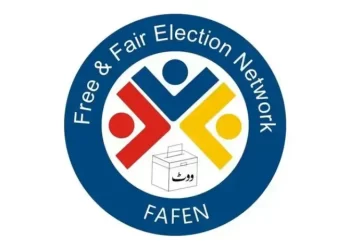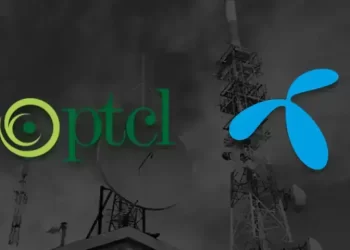Run-off pits centrist Masoud Pezeshkian against hardliner Saeed Jalili in race to succeed Ebrahim Raisi, who died in a helicopter crash in May.
Iranians have returned to the polls for a presidential run-off which pits centrist Masoud Pezeshkian against hardliner Saeed Jalili in the race to succeed Ebrahim Raisi, who died in a helicopter crash in May.
The second round on Friday comes as neither contender secured an outright majority on June 28, with Pezeshkian receiving about 42.5 percent of votes and Jalili some 38.7 percent.
The election is being held against the backdrop of heightened regional tensions over Israel’s war on Gaza, Iran’s dispute with the West over its nuclear programme, growing discontent over the state of an economy crippled by sanctions, and disillusionment following deadly protests in 2022-2023.
Supreme Leader Ayatollah Ali Khamenei, who has the final say in all state matters, cast his ballot when polling stations opened at 8am (04:30 GMT), state TV showed.
“It’s a good day to participate in the electoral process,” he said in an address encouraging people to come out and vote.
“Hopefully we will choose the right candidate. At this stage, people should make an extra effort to elect a president by tomorrow.”
Only 40 percent of Iran’s 61 million eligible voters cast their ballot in June, the lowest turnout in any presidential election since the 1979 Islamic Revolution.
Reporting from Tehran, media’s Resul Serdar said that one of the polls released shortly before the second round of voting showed Pezeshkian likely winning the race, but both sides have predicted victory in the end.
Khamenei said participation was “not as expected” in the first round but that it was not an act “against the system”.
Last week’s vote saw the conservative parliament speaker Mohammad Bagher Ghalibaf come in third place with 13.8 percent, while Muslim leader Mostafa Pourmohammadi garnered less than 1 percent.
The election was originally scheduled for 2025 but was brought forward following the death of Raisi.
The rival candidates in the run-off have held two debates where they discussed Iran’s economic woes, international relations, the low voter turnout and internet restrictions.
Low turnout
On Tuesday, Pezeshkian, 69, said people were “fed up with their living conditions … and dissatisfied with the government’s management of affairs”. He has called for “constructive relations” with the United States and European countries in order to “get Iran out of its isolation”.
Jalili, 58, rallied a substantial base of hardline supporters and received backing from Ghalibaf and two other conservative candidates who dropped out of the race before the first round.
Jalili has held several senior positions, including in Khamenei’s office in the early 2000s. He is currently one of Khamenei’s representatives in the Supreme National Security Council, Iran’s highest security body.
Regardless of the result, Iran’s next president will be in charge of applying state policy outlined by the supreme leader, who wields ultimate authority in the country.
Follow live updates on the election here.








